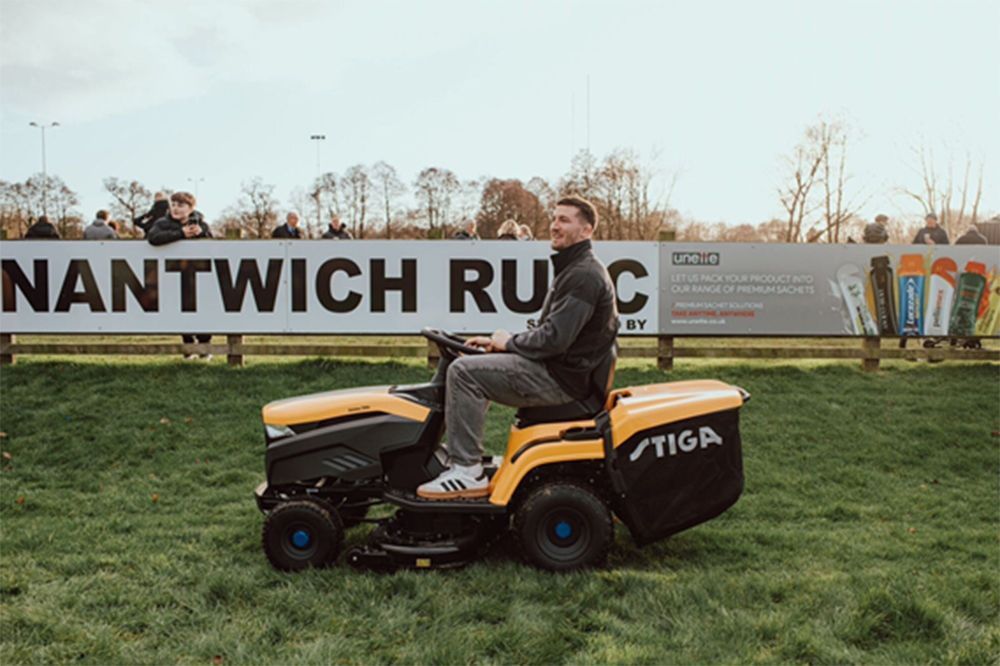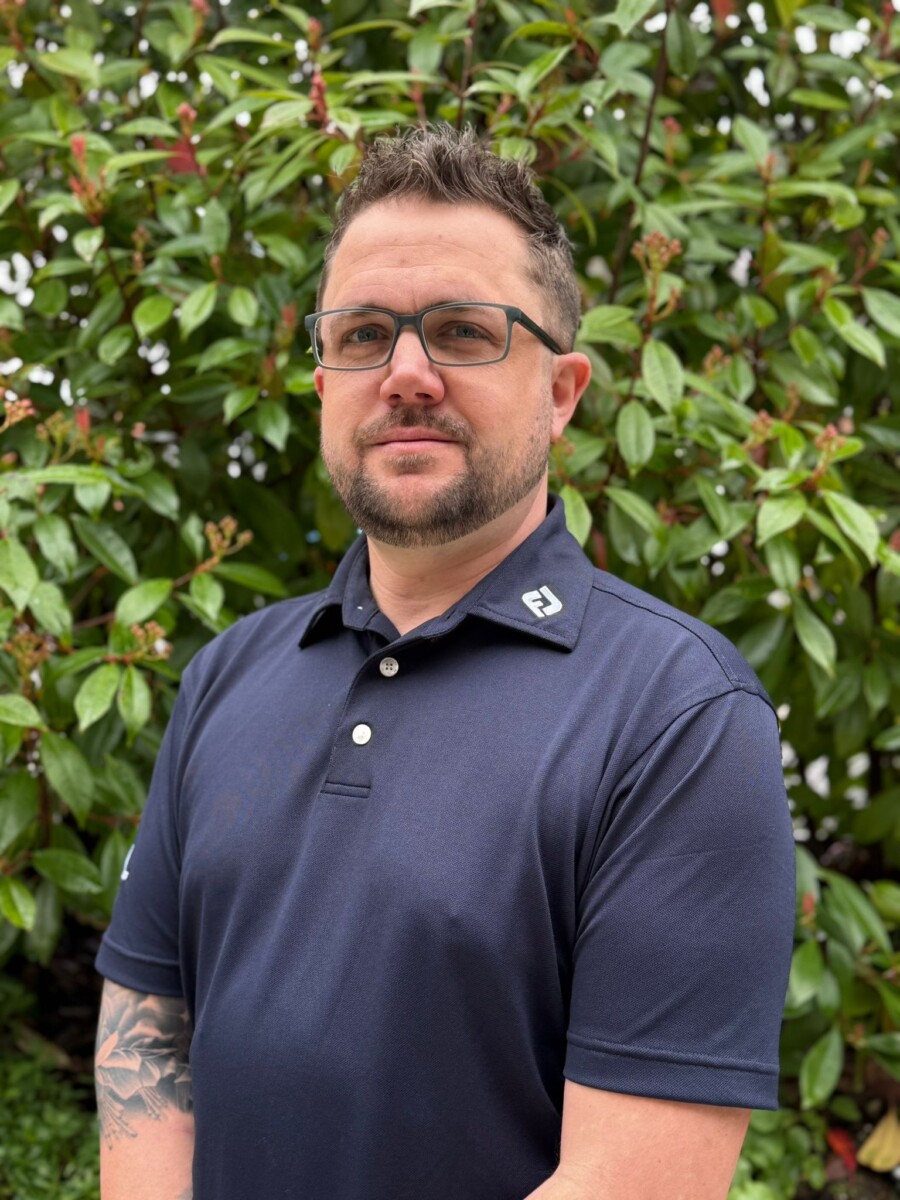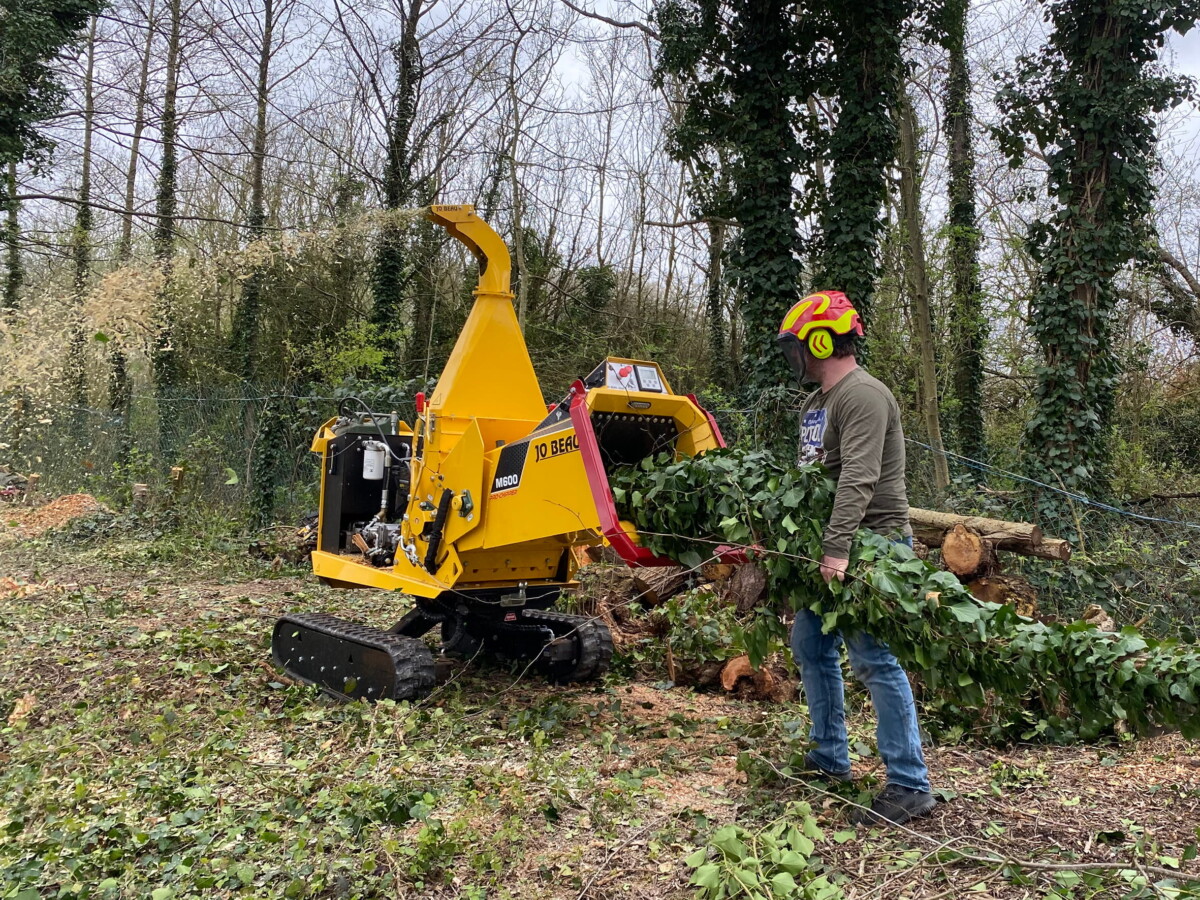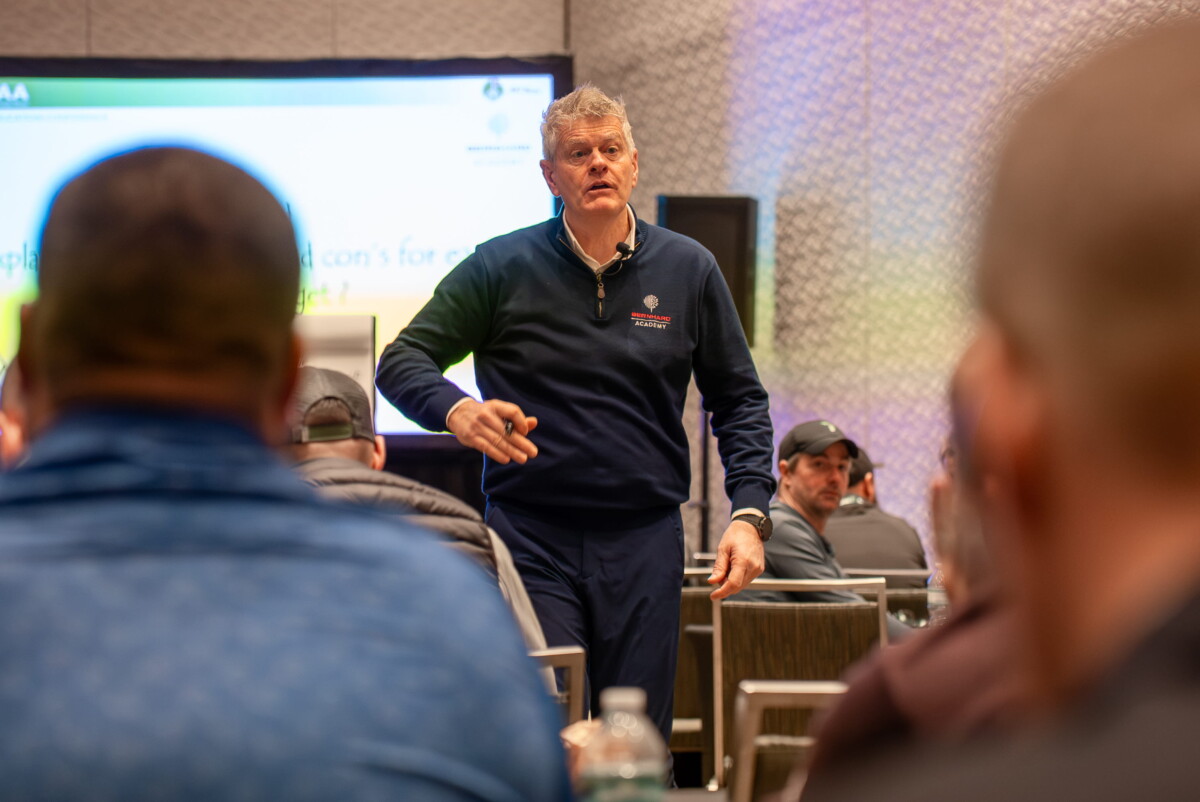How Synthetic Turf is Supplying Fresh Water in South Africa: A landmark project in South Africa is highlighting how synthetic turf can be used to enable freshwater recycling. Two ‘Cruyff Courts’ are simultaneously providing a high-quality playing surface while integrating an advanced water collection and filtration system under the field, providing the local community with fresh potable water.
The installation of the courts is part of a wider initiative by the Cruyff Foundation, supporting various sports endeavours for children, and young people with special needs. The two new fields in Orange Farm, near Johannesburg, bring the total number of Cruyff Courts to 10 in the country.
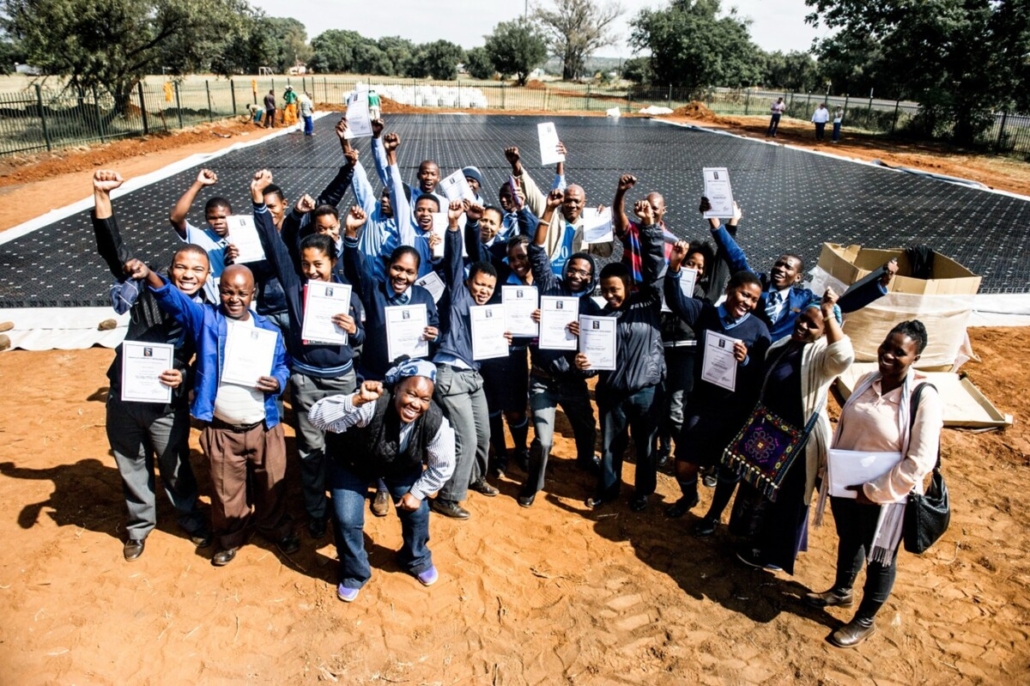
How Synthetic Turf is Supplying Fresh Water in South Africa
The investment and innovation come as South Africa is currently grappling with one of the most severe droughts in recent history, affecting approximately 61 million people across Southern Africa.[1] The prolonged drought has led to significant water shortages, impacting both urban and rural communities.
The Government has launched the Water Crisis Action Plan 2025, focusing on infrastructure rehabilitation, smart metering systems, and new dam projects to mitigate the crisis. Despite these efforts, the agricultural sector faces devastating losses, contributing to widespread food insecurity. Innovative solutions, including public-private partnerships and technological advancements like the freshwater recycling beneath the Cruyff Courts, are also being implemented to address the urgent need for sustainable water management.
The project was headed up by EMEA Synthetic Turf Council (ESTC) member Dutchblue, who provided an advanced water collection and filtration system through its partners Project GreenSource SA.
The ‘Catch-Store-Reuse’ sports system captures rainwater, stores it in its subbase, and purifies it in a GreenSource container next to the field. Runoff collected by the system is filtered to remove contaminants, including bacteria and metals, before being pumped to a fountain for use as potable water. The purified water can then be used via a tap on the outside of the container.
The courts represent a significant development in the use of sports pitches to collect water. Together with the local community’s help, the project was completed in December 2024, and training is being given to maintain the pitches throughout their lifetime.
The duality of providing a high-quality sports playing field and clean water for the local community has resulted in some great benefits for the local area. These include potable water supplies for periods of prolonged drought and a recreational area for children and adults to play sports safely. The courts have also helped foster a sense of community identity, serving as a social hub as well as a sports facility.
Stefan Diderich, Director General at ESTC, said: “This project is a perfect example of how synthetic turf can operate not just as an enhanced playing surface, but also as a force for good in fighting drought and other hydrological issues around the world.
“Training the local community to maintain the pitch ensures they will have a lasting impact and can provide users with a high-quality surface as well as a source of clean drinking water for years to come.”
For the latest industry news visit turfmatters.co.uk/news
Get all of the big headlines, pictures, opinions and videos on stories that matter to you.
Follow us on Twitter and Instagram for fun, fresh and engaging content.
You can also find us on Facebook for more of your must-see news, features, videos and pictures from Turf Matters.












